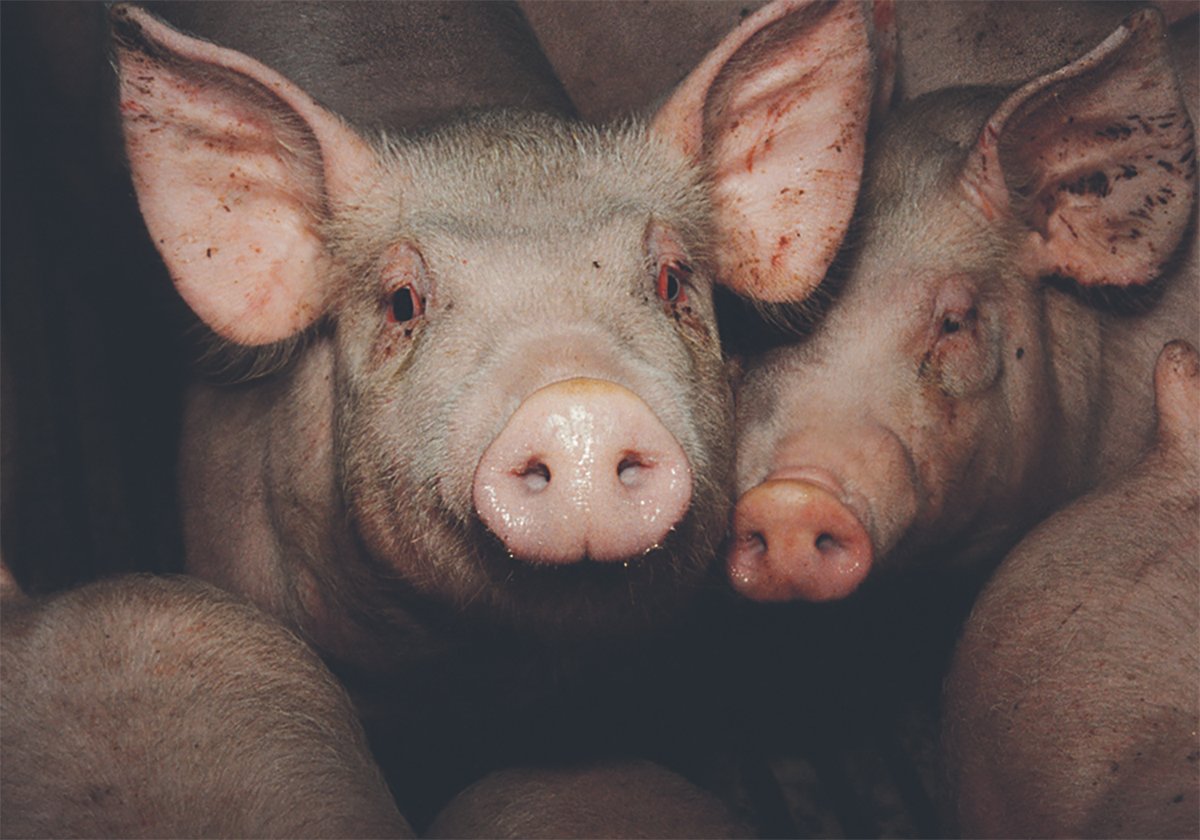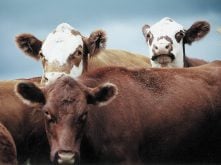RED DEER – The rumours of West Nile virus spreading across the country turned into bitter reality for hundreds of Canadians last summer.
The first equine cases were detected in Manitoba and North Dakota horses by the end of May. By late summer, people were checking into emergency clinics with serious headaches, flu-like symptoms and, in some cases, serious neurological problems. More than 420 people had confirmed cases and 295 horses were diagnosed.
Health Canada reported Alberta had the most confirmed human cases at 245 people. Ontario had 89 cases, Saskatchewan 38, Manitoba 35, British Columbia 12, Atlantic Canada three and Yukon territory reported a single case.
Read Also

The Western Producer Livestock Report – October 30, 2025
Western Producer Livestock Report for October 30, 2025. See U.S. & Canadian hog prices, Canadian bison & lamb market data and sales insights.
The Canadian Food Inspection Agency reported Alberta had the highest number of stricken horses at 180 cases followed by Saskatchewan at 162. Manitoba had 53 cases, Ontario 41, Quebec eight and Nova Scotia one case.
There were no reported cases in the rest of Canada.
Dead birds were also monitored with cases found from Alberta to Nova Scotia. In total, more than 11,300 birds were tested and 1,630 cases were confirmed positive.
Diseased horse cases in Alberta peaked in August and September, said Ed Doornenbal, a veterinarian with Wyeth Animal Health, the manufacturer and distributor of the West Nile virus vaccine.
Horse veterinarians advise a diligent vaccination program. If horses received two shots last year, another is needed this coming spring.
“We do know most horses that have been boostered twice to start with, we suggest you give a vaccine in April before mosquito season starts,” said Doornenbal.
The vaccine should provide immunity until October, but horse owners need to consult local veterinarians about disease and mosquito conditions in their district.
In unvaccinated horses, the mortality rate is about 35 percent. If the horse was vaccinated, mortality is about five percent if proper health care is followed.
In the United States, the disease was found in all 48 lower states but Oregon, said Doornenbal.
West Nile virus is a mosquito-borne virus first detected in Uganda in 1937. It appeared in New York state in 1999.
A reportable disease, it can cause inflammation of the brain and spinal cord in horses, birds and humans.
People and horses get West Nile virus infection from the bite of a mosquito that has picked up the virus, typically by feeding on wild birds.
There is no evidence the virus spreads from birds to humans or animals, or from horses to horses or humans.















